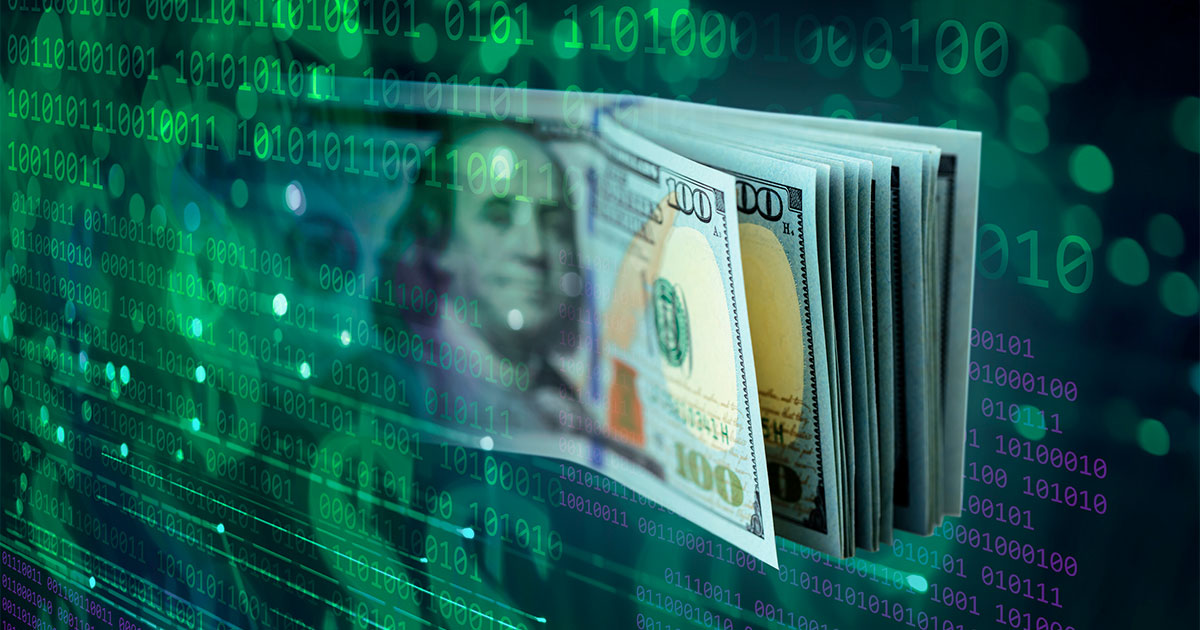
April 5, 2023 – The Supreme Court of Wisconsin
recently issued an order amending SCR 20:1.15 and making minor amendments to SCR 20:1.0 and the comment to SCR 20:1.5(g). The order becomes effective July 1, 2023.
The Office of Lawyer Regulation and the State Bar of Wisconsin will be publishing guidance and providing new CLE programming focusing on the amended trust account rule.
What Do Lawyers Need to Do to Comply with the New Rule?
Nothing.
The amendments do not require lawyers to take any affirmative steps or change how they handle client and third-party funds. Whether a lawyer currently has just one trust account, or they currently have a trust account and also an “E-Banking Trust Account,” they can continue to use such accounts.
If, however, a lawyer wants to begin accepting electronic payments to their trust account, or make electronic payments from the trust account, the amended trust account rule provides options to do so.
How Do the Amendments Affect Electronic Transactions in Trust Accounts?
The amendments repeal SCR 20:1.15(f)(2)c. and SCR 20:1.15(f)(3), which prohibited electronic payments to and from trust accounts. In effect, lawyers will be allowed to engage in electronic transactions in their trust account without having a second “E-Banking Trust Account” under current SCR 20:1.15(f)(3)b. or complying with the “Alternative to E-Banking Trust Account” under current SCR 20:1.15(f)(3)c.
Pursuant to amended SCR 20:1.15(f)(1), lawyers will be able to engage in electronic transactions so long as they are “directed by one or more lawyers authorized by the law firm or a person under the supervision of a lawyer having responsibility under SCR 20:5.3.” Written confirmation of authorization for electronic disbursements should be maintained as part of complete trust account records.
Amended SCR 20:1.15(f)(1) further requires that in the event of any shortfall or negative balance caused by a chargeback, surcharge, or ACH reversal by a financial institution or card issuer, a lawyer must reimburse the trust account within three business days of receiving notice of such shortfall and must do so before disbursing any funds.
To protect trust funds, lawyers should arrange for any surcharges, fees, reversals, or chargebacks to be withdrawn from the operating account rather than from a trust account. Further, to the extent a lawyer intends to make a client responsible for any electronic payment processing fees, the lawyer should confirm this is permissible with their card payments processing provider and notify the client in writing beforehand, preferably in the fee agreement.
A New Option to Accept Advanced Fees and Costs to Operating Accounts
If a lawyer does not wish to accept electronic payments directly to their trust account, amended SCR 20:1.15(b)(6)b. creates a new option for lawyers to accept electronic payments for advanced fees or advanced costs directly to a non-trust account temporarily. Following receipt, lawyers will be required to transfer the funds into a trust account within two business days. This option will also allow lawyers to accept a single electronic payment for both earned fees and advanced fees and costs to their operating account, provided they promptly transfer the unearned portion to the trust account.
Please note that the general duty under SCR 20:1.15(b)(1) to hold in trust all unearned fees and cost advances will apply to funds received pursuant to amended SCR 20:1.15(b)(6)b.
A Caution Regarding Taxes
Lawyers who choose to accept electronic payments should consider any possible tax consequences. For example, 26 U.S. Code § 6050W requires credit card processors to report gross credit card transactions to the IRS on a 1099-K. This regulation does not distinguish between payments made to an operating account and payments made to an IOLTA account. Payments for advanced fees and costs are reported together with payments for services already rendered. Therefore, amounts reported on the 1099-K will not necessarily reflect gross income actually received.
Further, 26 U.S. Code § 6050W imposes a 28% withholding penalty on all credit card transactions if the name of the lawyer or law firm used by the card processor does not exactly match the name associated with the federal employment identification number. Lawyers should consult with a tax professional prior to accepting electronic payments.
Where to Find Out More about Electronic Payments and Lawyer Trust Accounts
For more details about ebanking trust account rule changes:
Look for an article in the June 2023
Wisconsin Lawyer magazine from Timothy C. Samuelson, director of the Office of Lawyer Regulation, Travis J. Stieren, Trust Account Program administrator with the Office of Lawyer Regulation, and State Bar Ethics Counsel Aviva Kaiser and Tim Pierce.
Watch the
WisBar Marketplace for CLE programs that provide half-day detailed instructions on trust accounts, or focused programs that answer questions you may have, including:
Lawyer Trust & Fiduciary Account Basics 2023 – a half-day in-person program on Tuesday, May 23, 2023, starting at 8:30 a.m. at the State Bar Center, with webcast replays on select days in June, July, October, and December.
Fee Agreements, Credit Card & Trust Account Obligations 2023 – a half day in-person program on Tuesday, June 6, 2023, starting at 8:30 a.m. at the State Bar Center, with webcast replays on select days in June, July, August, October, and December.
- Concrete Answers to Common Trust Account Questions 2023, with Aviva Meridian Kaiser, Timothy Pierce, Christopher Shattuck and Travis Stieren
Ethical Requirements for Processing ACH, Wire Transfers & CC Payments 2023, with Aviva Meridian Kaiser and Christopher Shattuck
Fee Agreement Workshop: Supreme Court Rules & Recommendations 2023, with Aviva Meridian Kaiser, Timothy Pierce, and Christopher Shattuck
Best Practices for Opening a Law Firm 2023, with Christopher Shattuck
